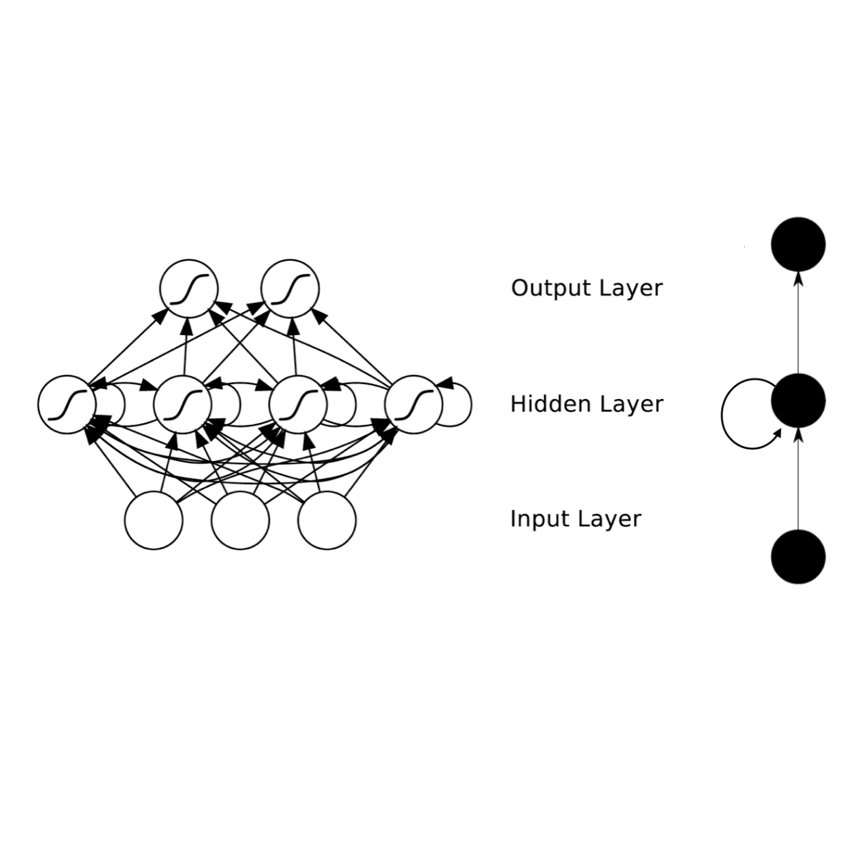This paper proposes a method for lifelong learning of Recurrent Neural Networks, such as NNARX, ESN, LSTM, and GRU, to be used as plant models in control system synthesis. The problem is significant because in many practical applications it is required to adapt the model when new information is available and/or the system undergoes changes, without the need to store an increasing amount of data as time proceeds. Indeed, in this context, many problems arise, such as the well known Catastrophic Forgetting and Capacity Saturation ones. We propose an adaptation algorithm inspired by Moving Horizon Estimators, deriving conditions for its convergence. The described method is applied to a simulated chemical plant, already adopted as a challenging benchmark in the existing literature. The main results achieved are discussed.
翻译:本文建议了经常性神经网络,如NNARX、ENN、LSTM和GRU等的终身学习方法,作为控制系统合成的植物模型,问题很严重,因为在许多实际应用中,当有新信息和/或系统发生变化时,需要调整模型,而不需要随着时间的不断演变而储存越来越多的数据。实际上,在这方面,出现了许多问题,例如众所周知的灾难性遗忘和能力饱和问题。我们建议了由移动地平线模拟器启发的适应算法,并提出了汇合条件。所述方法适用于模拟化工厂,这些工厂已在现有文献中被采纳为具有挑战性的基准。我们讨论了取得的主要成果。




